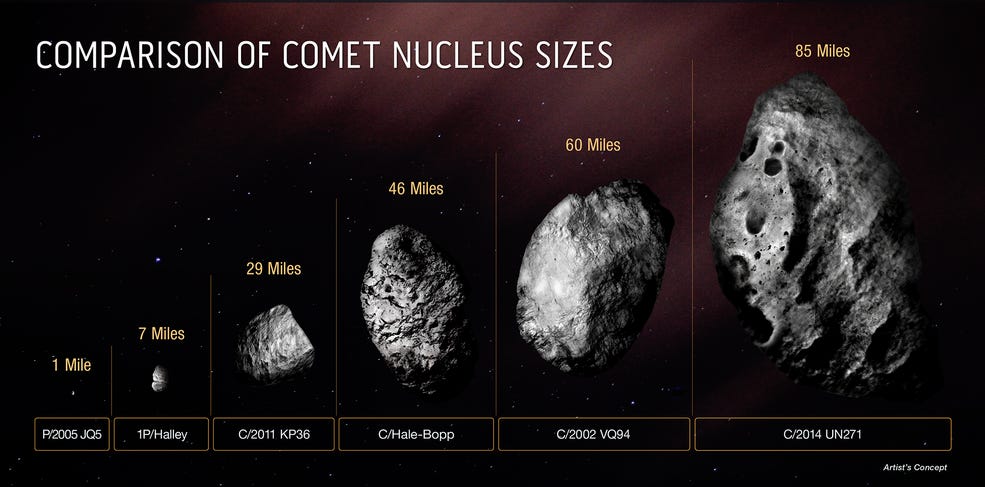100 seconds to midnight
"Seek for food and clothing first, then the Kingdom of God shall be added unto you." --Hegel
time is ticking
On Jan 23rd, 2020, the Bulletin of the Atomic Scientists, a journal founded by some of the physicists who had worked on the Manhattan Project to produce the first atomic weapons, moved the Doomsday Clock, their measurement of the imminence of catastrophe—military or environmental—facing our planet, forward to 100 seconds to midnight. The last time the clock moved was in Jan 2018, when the Doomsday Clock was set to two minutes to midnight. On the earliest statement announced on Jan 20th, 2022, the Clock remains 100 seconds to midnight, the closest it has ever been to a civilization-ending apocalypse.
The clock has an interesting history. It was started in 1947, at a time when the atomic age had only just begun. The clock was originally set at seven minutes to midnight. Robert Oppenheimer, the chief scientist for the Manhattan Project, said later of the first explosion of an atomic bomb two years earlier in July 1945, “We knew the world would not be the same. A few people laughed, a few people cried, and most people were silent. I remembered the line from the Hindu scripture, the Bhagavad-Gita, ‘Now, I am become Death, the destroyer of worlds.’ ”
The clock and its movements are, of course, entirely symbolic, but as a person who grew up in peace, it is without a doubt that our world is more politically unstable than at any time in my memory. Is the clock, and the idea that time is ticking or even running out for the human race, realistic or alarmist? Is its warning timely or time-wasting?
Experiencing this all itself grants people a historical vision. The sense of history is a comparative perspective, in the dimension of both space and time. There is no vision without comparison. Living in different countries, experiencing age differences, and witnessing the changing world order allow people to realize the repetitiveness and relativity of one era. After changes, we’ll find out that nothing can go on like this forever.
The universe
I am an engineer. In my daily jobs, I spent most of my time practicing computer systems and software applications. In the meanwhile, I am always interested in theoretical and philosophical ideas. I would like to become an engineer with a deep fascination with physics, philosophy, cosmology, and the future of humanity. What is the big-picture history of our planet, and what role do humans play in that history? Is history speeding up in the Anthropocene epoch?
On April 13, 2022. I was hit by a piece of news titled “Largest comet ever spotted seen barreling through our solar system”. I trembled for a flash moment. I thought I saw the sarcastic film “Don’t look up” in real life.
A comet with a nucleus 50 times bigger than normal is barrelling towards Earth at 22,000 miles per hour. Nasa's Hubble telescope has determined the comet's icy nucleus has a mass of about 500 trillion tonnes and is 85 miles (137km) wide - larger than the US state of Rhode Island.
But not to worry. The closest it will get is one billion miles away from the Sun, and that won't be until 2031.
“The comet has been falling toward the Sun for well over 1 million years. It is coming from the hypothesized nesting ground of trillions of comets, called the Oort Cloud. The diffuse cloud is thought to have an inner edge at 2,000 to 5,000 times the distance between the Sun and the Earth. Its outer edge might extend at least a quarter of the way out to the distance of the nearest stars to our Sun, the Alpha Centauri system… It was first serendipitously observed in November 2010, when it was a whopping 3 billion miles from the Sun, which is nearly the average distance to Neptune. Since then, it has been intensively studied by ground and space-based telescopes.”
The Earth is under threat from so many areas. An asteroid collision would be something against which we have no defense. The last big such collision with us was about 65 million years ago and that is thought to have killed the dinosaurs, and it will happen again. This is not science fiction: it is guaranteed by the laws of physics and probability.
After all, the universe is always a violent place. Stars engulf planets, supernovae fire lethal rays across space, black holes bump into each other and asteroids hurtle around at hundreds of miles a second…
One of the greatest revelations of the space age has been the perspective it has given humanity on ourselves. When we see the earth from space, we see ourselves as a whole. We see the unity and not the divisions. It is such a simple image with a compelling message: one planet, one human race.
Resources:
Science and Security Board Bulletin of the Atomic Scientists, 2022 Doomsday Clock Statement, 2022
Stephan Hawking, Brief Answers to the Big Question, 2018
Walter Benjamin, Theses on the Philosophy of History, 1940
BBC News, Largest comet ever spotted seen barreling through our solar system, 2022





life < time, shouldn't be worry too much : )
Elon feels the same thing - that is why human needs to become a multi-planet species.